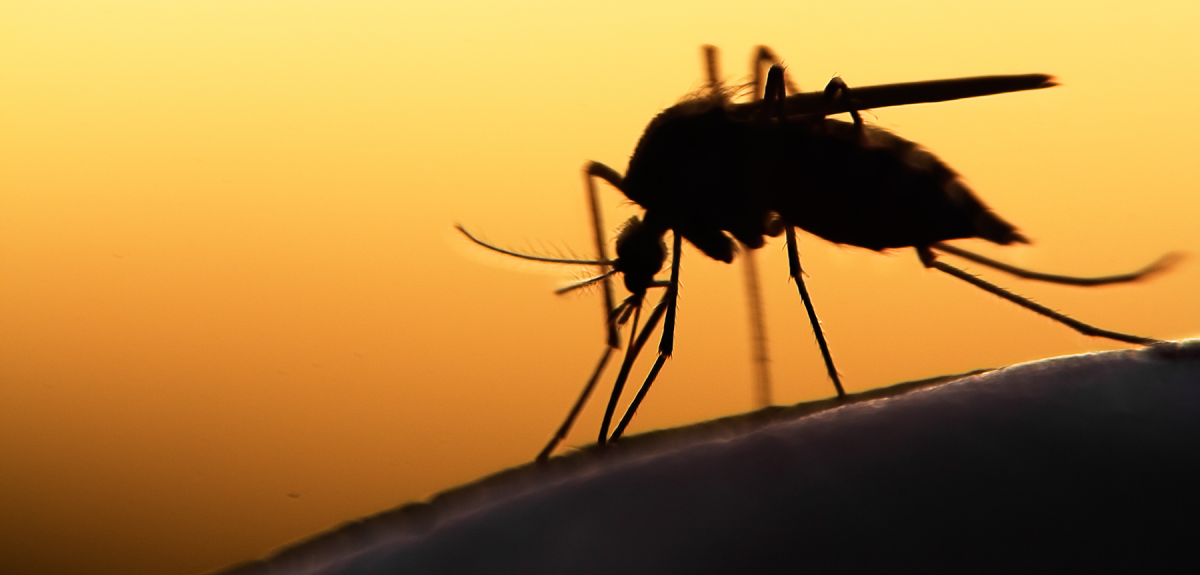
Mosquito detection project releases large-scale acoustic mosquito dataset
Mosquitoes are notoriously dangerous, responsible for over one billion cases of disease and around a million deaths each year. Tackling diseases such as malaria, yellow fever and dengue requires targeted control of their vector, the mosquito. This in turn relies upon detailed knowledge of the distribution, diversity and abundance of mosquitos in space and time.
The HumBug project has developed methods to detect and identify different species of mosquitoes using the acoustic signature (sound) of their flight tones, captured on an inexpensive smartphone.
The project recently openly released five years’ worth of research data of acoustic mosquito flight tones from 36 different species, representing over 20 hours of audio recordings that the team have expertly labelled and tagged precisely in time.
Co-Principal Investigator Professor Stephen Roberts says of the data release, 'Making our extensive dataset openly available will prove hugely beneficial to entomologists and mosquito domain experts. The scale of the data and associated algorithms is unique. We hope it will enable a better understanding of mosquito behaviour, distribution and help manage the threat they pose to humans.'
By using sound to identify different species, the Humbug system generates unprecedented levels of urgently needed high-quality, spatially accurate mosquito occurrence data without incurring any risk to those conducting the surveys. The recordings, along with their time and location, are uploaded by the app to a central server where mosquito sounds are detected and the species is identified using a suite of algorithms that distinguish species according to their acoustic signature.
The paper presents the first large-scale multi-species dataset of acoustic recordings of mosquitoes tracked continuously in free flight, at data collection sites include Kenya, Thailand and Tanzania, the UK, and the USA. It will be presented at the 35th Conference on Neural Information Processing Systems 2021 with an oral presentation in December 2021.
The HumBug Project is supported by a grant awarded through the 2014 UK Google Impact Challenge, the ORCHID project and the Bill & Melinda Gates Foundation. The project team includes researchers from the University of Oxford, Ifakara Health Institute in Tanzanis and the Kinshasa School of Public Health in the DRC.
 10 years on: The Oxford learning centre making an impact
10 years on: The Oxford learning centre making an impact Oxford and The Brilliant Club: inspiring the next generation of scholars
Oxford and The Brilliant Club: inspiring the next generation of scholars New course launched for the next generation of creative translators
New course launched for the next generation of creative translators The art of translation – raising the profile of languages in schools
The art of translation – raising the profile of languages in schools  Tracking resistance: Mapping the spread of drug-resistant malaria
Tracking resistance: Mapping the spread of drug-resistant malaria Cities for cycling: what is needed beyond good will and cycle paths?
Cities for cycling: what is needed beyond good will and cycle paths?